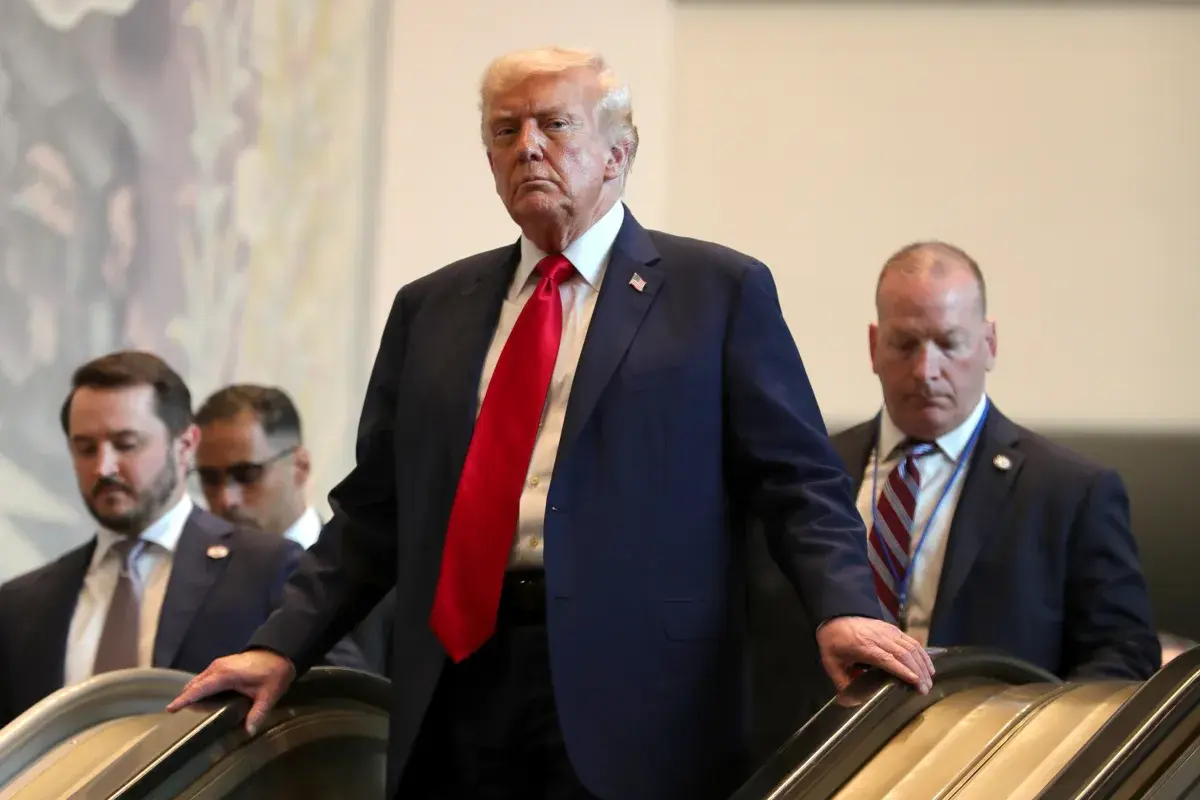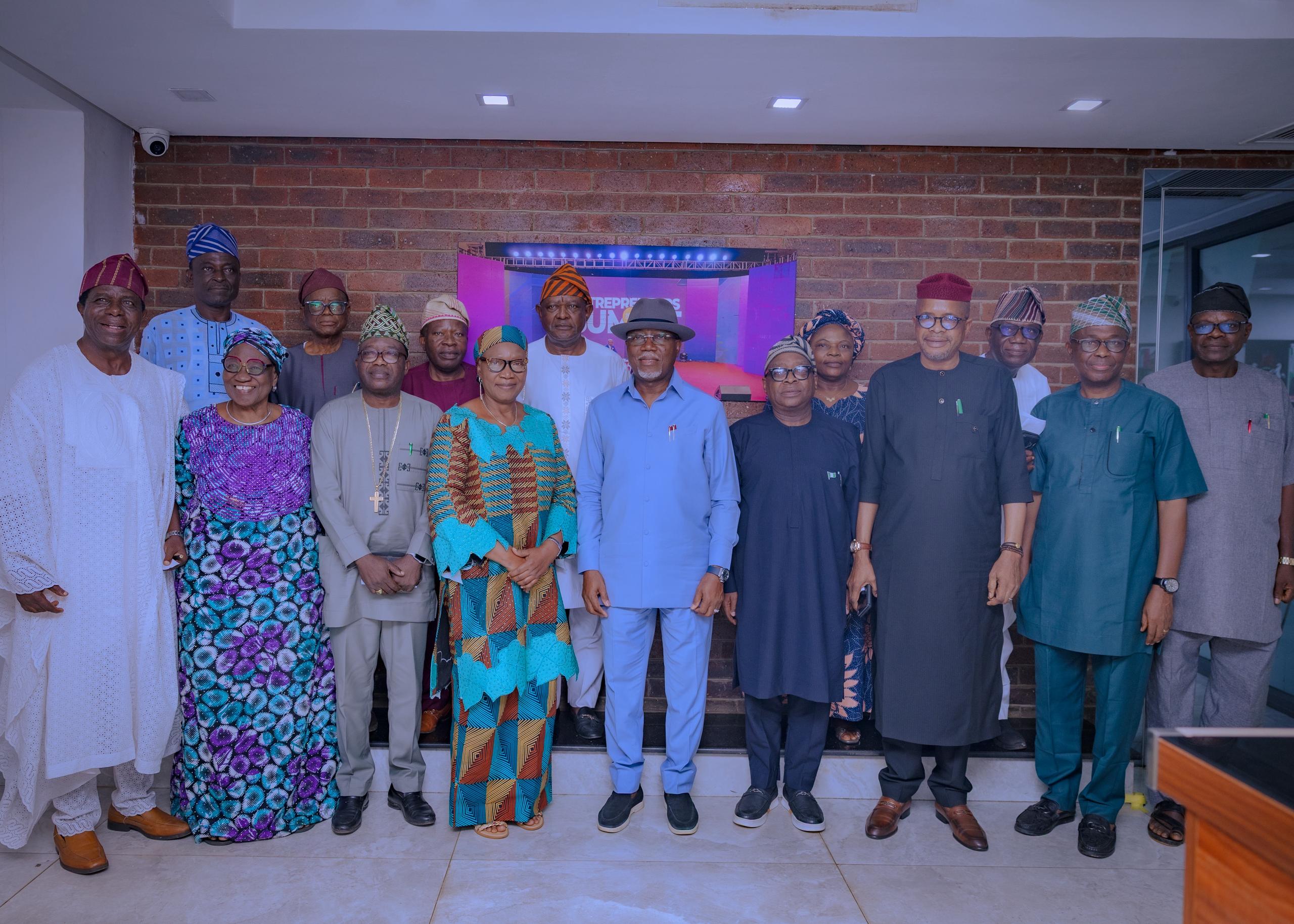
In a striking comparison that escalates regional tensions, Ali Akbar Velayati, senior adviser to Iran’s Supreme Leader Ali Khamenei, likened U.S. President Donald Trump to Adolf Hitler, saying his “behavior is reminiscent of Hitler’s actions at the start of World War II.”
Velayati made the remarks in an interview with Al Mayadeen, a Beirut-based television network that often gives voice to Iran and its regional allies, during commemorations marking the 45th anniversary of the Iran-Iraq War.
Newsweek has reached out to the White House and Iran’s Foreign Ministry for comment.
Why It Matters
The pointed comparison underscores how Iran is escalating its rhetoric amid heightened U.S. pressure. Under Trump, Washington withdrew from the 2015 nuclear deal, reimposed sweeping sanctions, and carried out military strikes on Iranian nuclear and regional targets. By equating Trump to Hitler, Tehran frames these actions as part of a dangerous pattern of aggression.
What To Know
Velayati said Trump’s policies mirror Hitler’s tactics in 1939, when Nazi Germany intimidated Western powers into submission at the start of World War II. “Just as Hitler intimidated Western powers into submission in 1939, Trump has followed a similarly dangerous path: one that will not end well for him or his allies,” he told Al Mayadeen. By placing the president alongside Hitler, Velayati portrayed Washington’s behavior as not only hostile, but a grave threat to global stability.
Iran Rejects European Sanctions
The senior adviser also addressed the E3—Britain, France and Germany—decision to revive nuclear sanctions through the snapback mechanism, accusing them of violating U.N. Security Council Resolution 2231. He described the move as exposing the “historic animosity rooted in Western colonial and hegemonic policies.” Velayati argued that the sanctions were designed to weaken Iran’s scientific progress.
He stressed that while Iran remains committed to diplomacy, Tehran would not submit to coercion. Instead, he said Europe’s measures would leave it increasingly isolated, while Iran would continue to progress “grounded in faith, science, and the unity of its people.”
Condemnation of Israeli Actions
Velayati further condemned Israel’s ongoing assault on Gaza and accused it of targeting Qatar, describing the attacks as part of a campaign against the Muslim world. He likened Israeli conduct to atrocities committed during the medieval era, framing it as evidence of what Tehran views as systemic aggression across the region.
Trump’s UN Remarks on Iran
On Tuesday, speaking at the U.N. General Assembly, Trump framed Iran as the world’s leading state sponsor of terrorism and reiterated that the U.S. offered cooperation in exchange for the suspension of Iran’s nuclear program—an offer he said Tehran rejected while continuing its threats against neighbors and U.S. interests in the region.
What People Are Saying
Ali Akbar Velayati, senior adviser to Iran’s Supreme Leader Ali Khamenei: “Trump’s behavior is reminiscent of Hitler’s actions at the start of World War II. Just as Hitler intimidated Western powers into submission in 1939, Trump has followed a similarly dangerous path: one that will not end well for him or his allies.”
President Donald Trump: “The world’s number one sponsor of terror can never be allowed to possess the most dangerous weapon. That’s why, shortly after taking office, I sent the so-called Supreme Leader a letter making a generous offer. I extended a pledge of full cooperation in exchange for a suspension of Iran’s nuclear program. The regime’s answer was to continue their constant threats to their neighbors and U.S. interests throughout the region and some great countries that are right nearby.”
What Happens Next
Iran’s leadership is expected to continue resisting growing pressure from the United States and European powers, as nuclear negotiations remain stalled and Western sanctions intensify. Velayati’s rhetoric reflects Tehran’s determination to assert its regional influence and respond firmly to diplomatic and economic pressures, raising the risk of further confrontation or escalation in the Middle East. Tensions over Iran’s nuclear program and its activities across the region are likely to persist in the months ahead.



